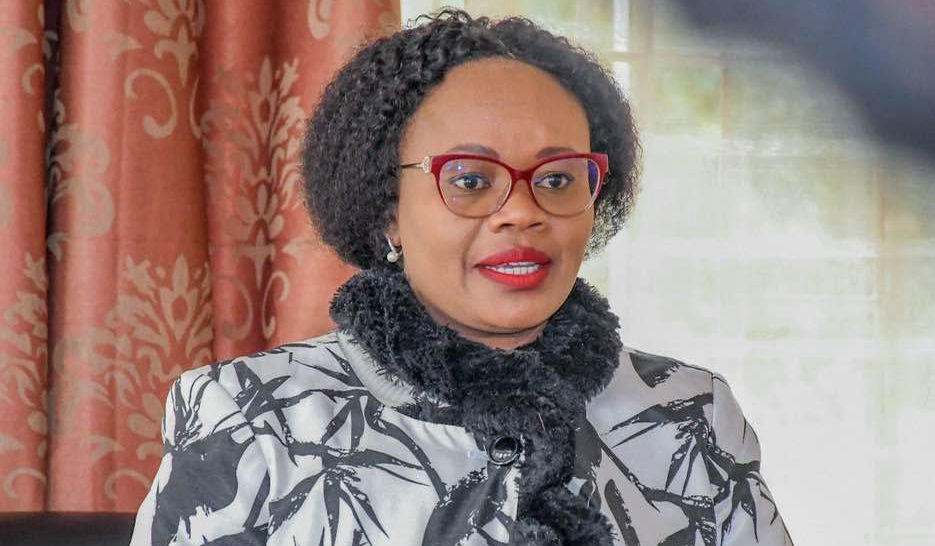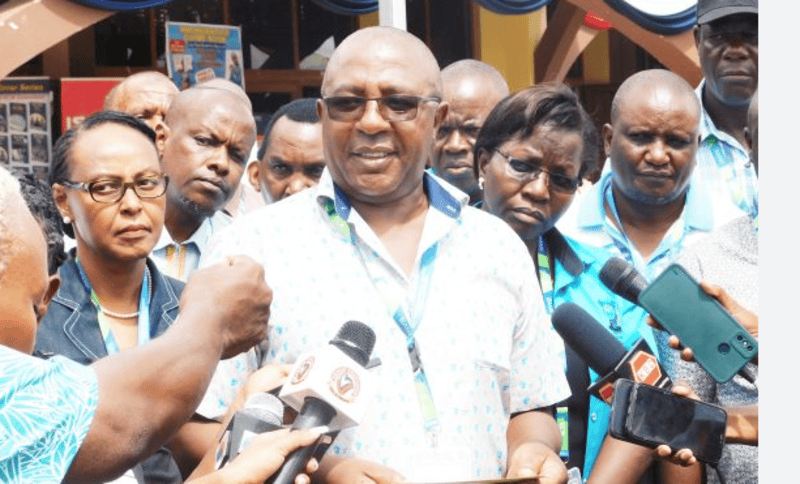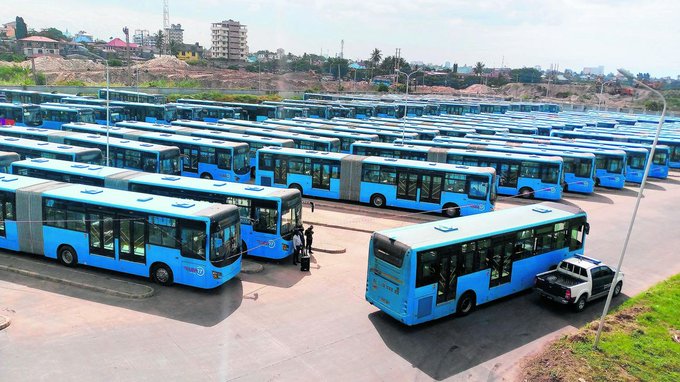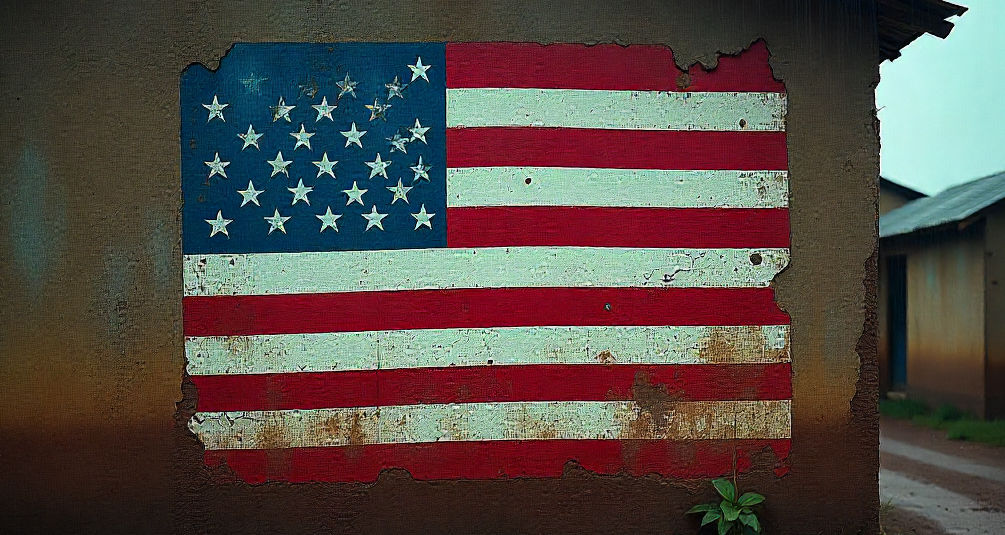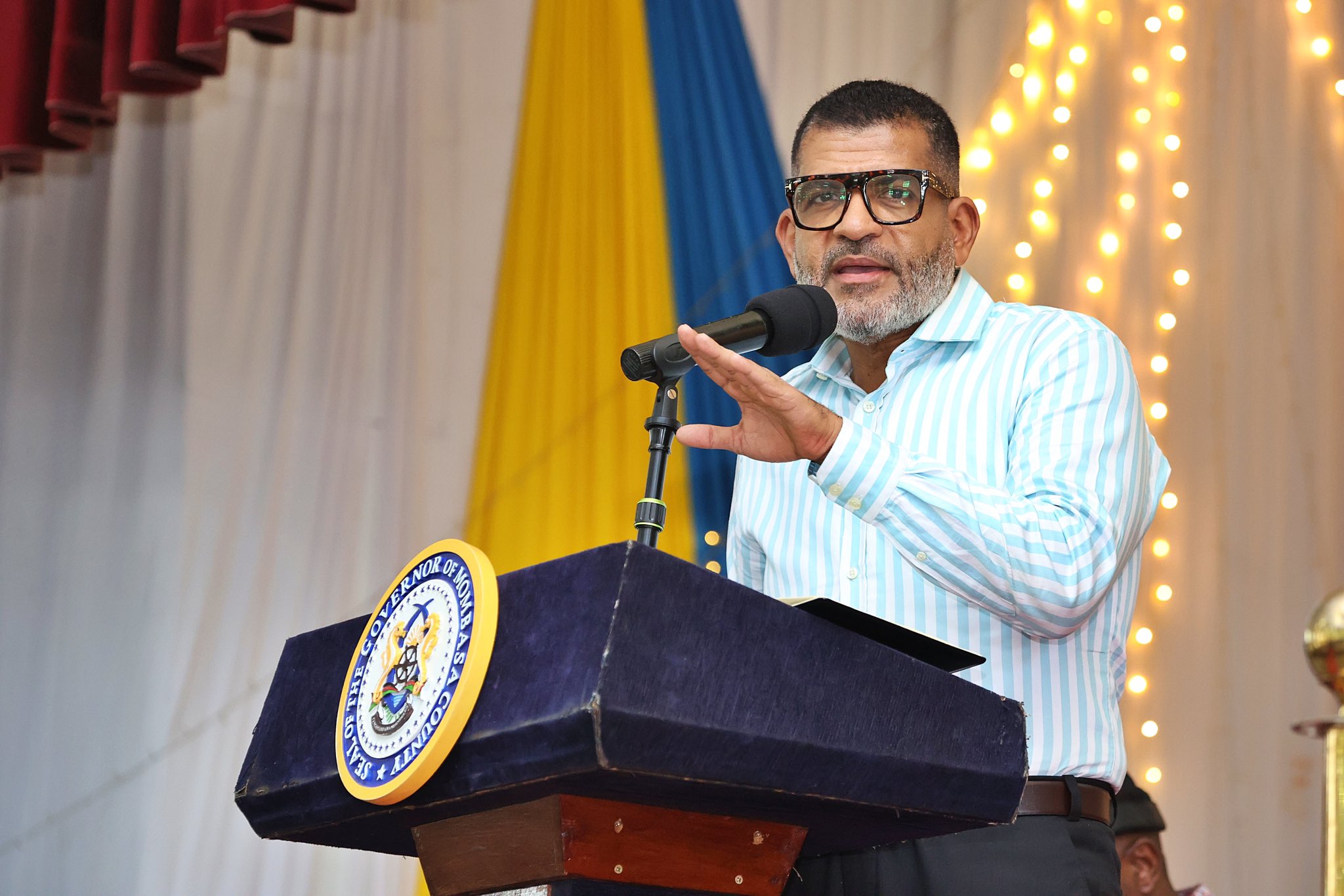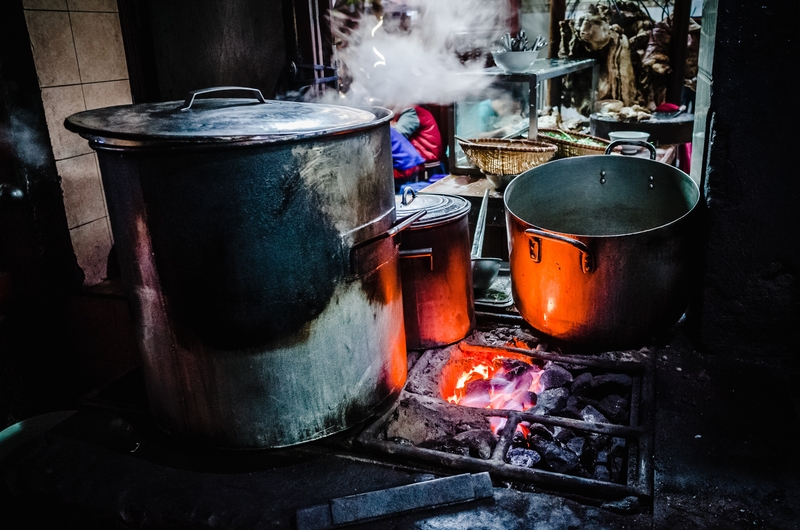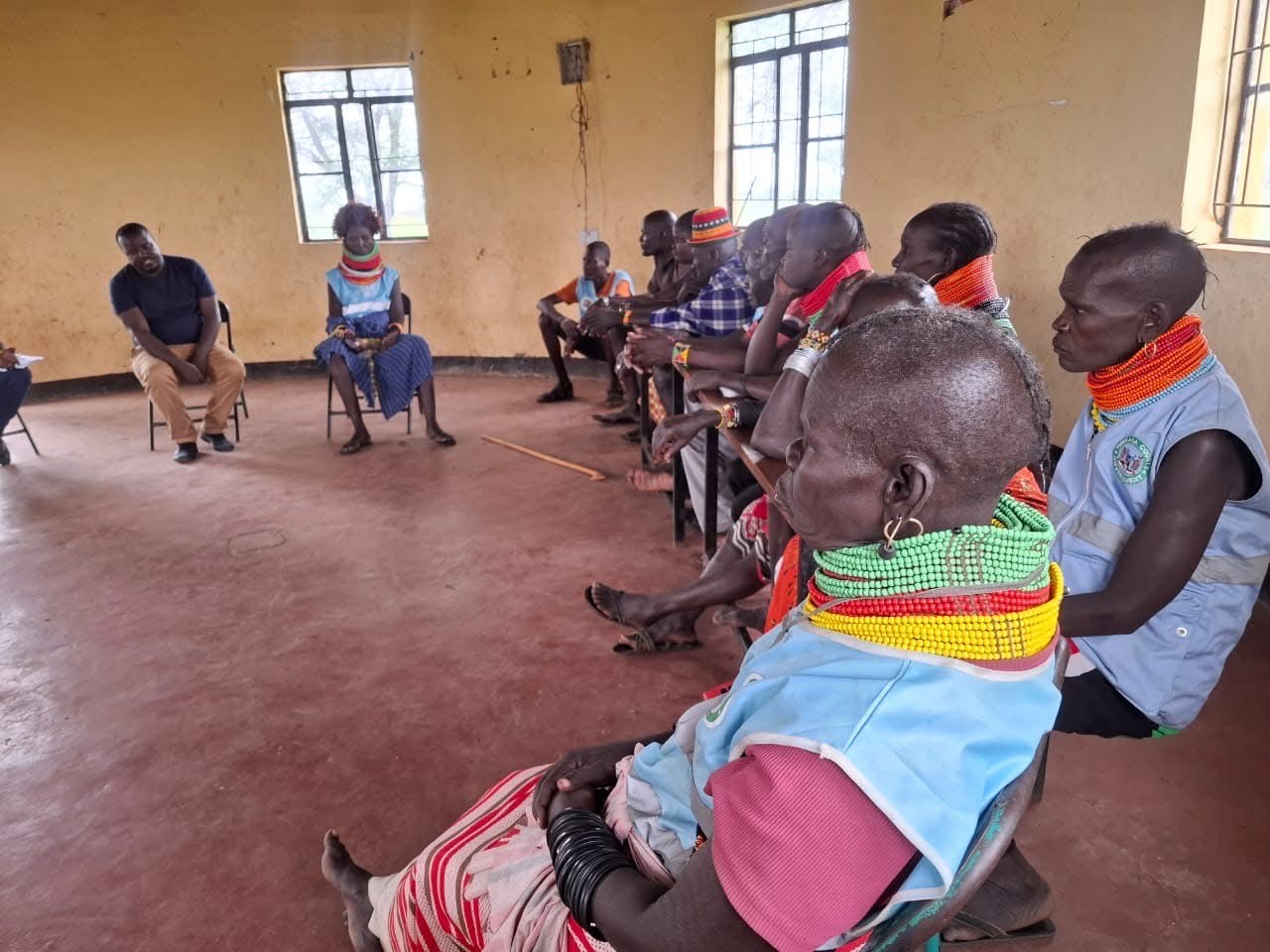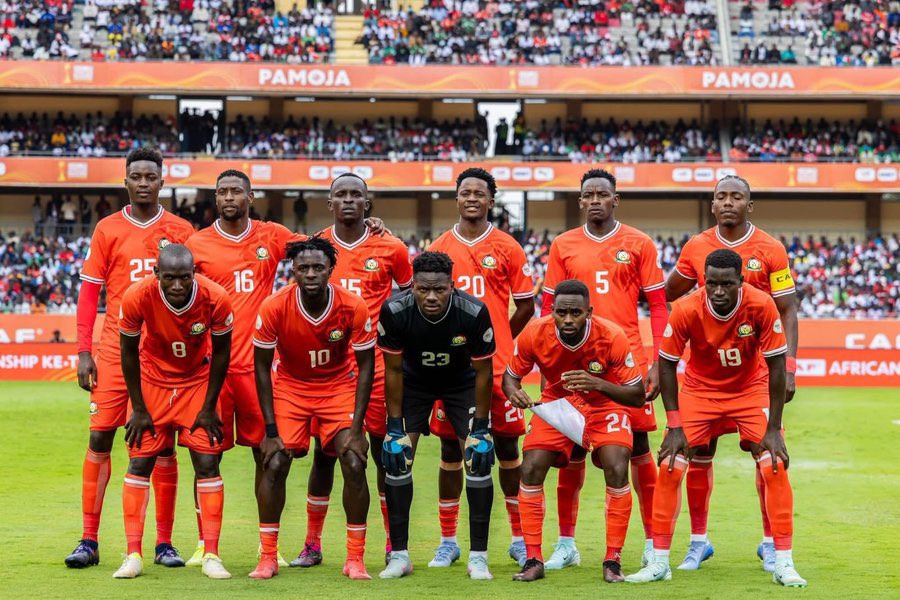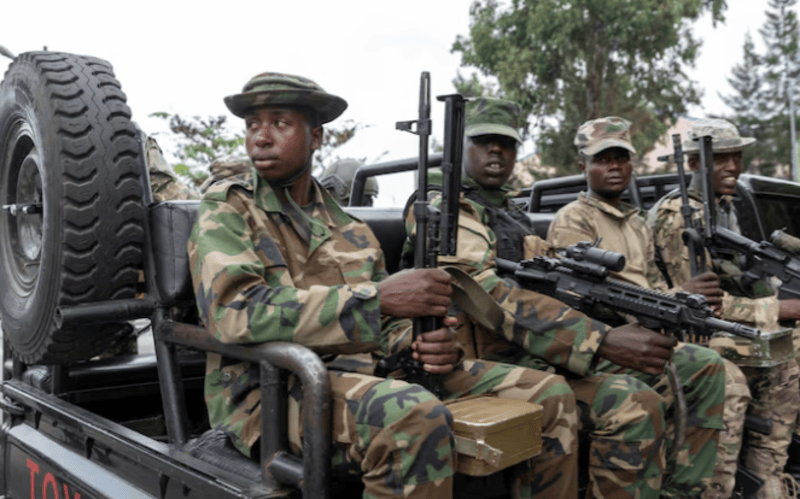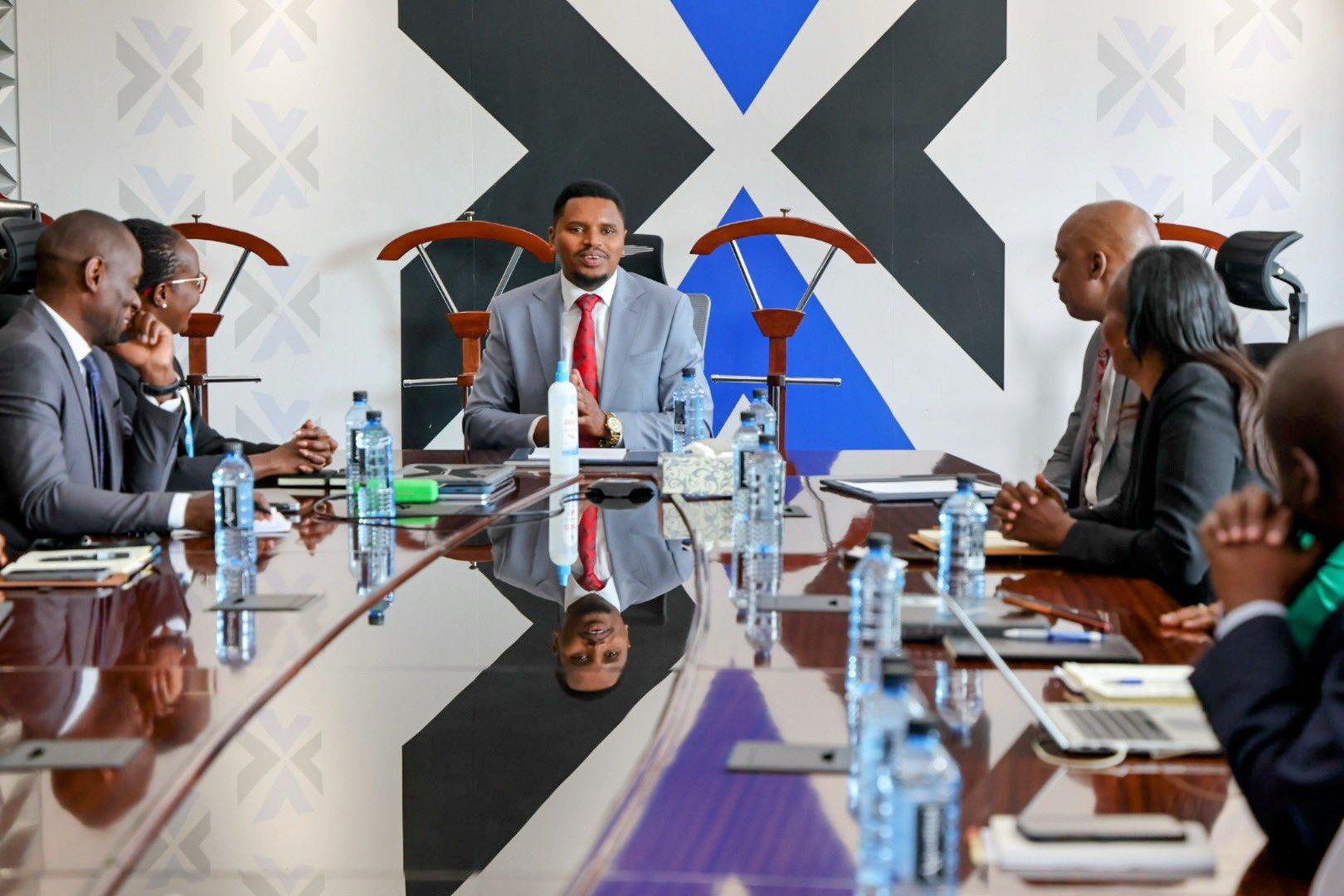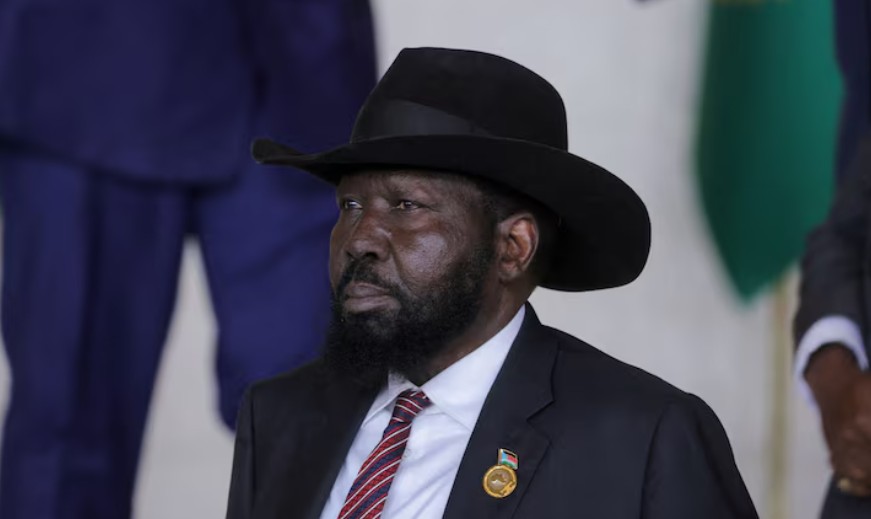Women in Botswana make up 54% of voters, but less than 10% of parliament: political parties can change that
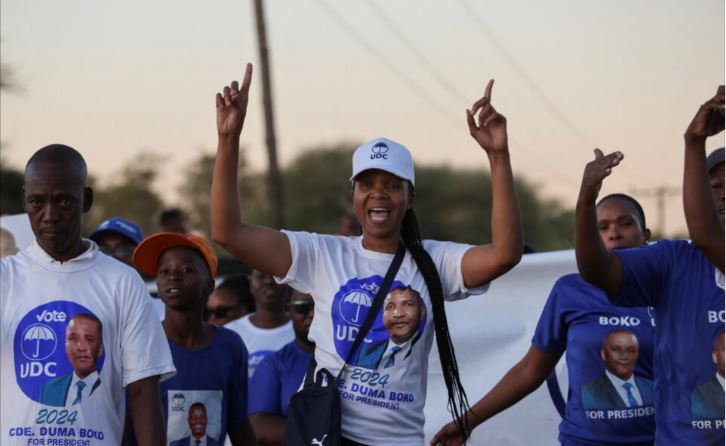
In some countries, political parties voluntarily adopt rules and regulations to promote gender equality and women’s participation.
By David Mandiyanike
here’s a question that has consistently gripped Botswana’s politics: bomme ba kae? (where are the women?). It became even more urgent with the country’s 2024 general elections.
More To Read
- Parliament passes Bill imposing tougher penalties for electoral malpractice
- UN-Habitat sub-regional office for southern Africa launched in Botswana
- Treasury CS Mbadi tells IEBC to cut costs, reuse equipment to curb rising election expenses
- Kenya’s first Maendeleo ya Wanawake chairperson Phoebe Asiyo dies at 93
- Police brutality, state censorship are a threat to Kenya's democracy, civil society groups warn
- Kenya pushes back as diplomatic pressure mounts over protest anniversary
Only 28 women stood for parliament out of 258 contestants, representing 10.85 per cent. Only three women won their seats. This represents 4.92 per cent of the 61 seats. It’s a drop from 5.26 per cent in the 2019 elections.
In Botswana, women make up 54 per cent of the eligible voters. Yet few occupy the corridors of power, where decisions and policies that affect them are made.
The country has been praised for being a model democracy. One of the reasons is that it has held regular elections since independence in 1966.
There are, however, flaws in Botswana’s democracy. One is that women are woefully under-represented in government.
I am a scholar of public policy in southern Africa. I am also a proponent of equal representation of women, who are a marginalised majority. In my research, I argue that women’s limited participation hinders the consolidation of democracy.
Democracy is inconceivable without political parties. They put into practice the principle of representation. They select, nominate and support candidates for political office. Botswana needs to focus attention on improving the role of political parties as gatekeepers to the democratic space.
Some pronouncements about gender reform were made in election manifestos by parties. The winning Umbrella for Democratic Change promised to introduce a mixed-member electoral system. This will allow for specially elected members for women, youth and disadvantaged groups.
Promised legislative reforms
Runners-up the Botswana Congress Party is the only party with a constitutional provision to have 30 per cent of its committees made up of women. It promised legislative reforms. The Botswana Democratic Party, which lost power, promised to pursue gender equality.
More will be needed. If Botswana’s political parties develop meaningful and specific internal policies and processes that enable women to take up leadership roles, they can pave the way for gender equality in government.
What does the law say?
Botswana’s constitution provides that the national assembly is composed of the president, 61 elected members of parliament (MPs) and six specially elected MPs.
In the 2019-2024 parliament, four women were selected as specially elected MPs. Of the current parliament, three are women. This brings women’s representation in parliament to six out of 67. This is a paltry 8.9 per cent, a drop from 11 per cent in 2019.
The constitution describes who specially elected MPs might be. They are individuals who can contribute to both the legislature and the executive, given their skills, expertise and competencies. They could also be assigned tasks under parliamentary standing committees such as the Southern Africa Development Community Parliamentary Forum or the Pan African Parliament. Nothing is said about their gender.
Specially elected MPs could add further to the number of female MPs. They could enhance legislative delivery in parliament. They could participate and influence global parliamentary developments.
The Local Government Act of 2012 is equally general. It only prescribes that a local council shall be constituted by the minister, after consultation with the community. And that it consists of a number of elected or specially nominated members. It does not specifically mention gender.
Solutions
The 2024 Global Gender Gap Report concedes that full gender parity in legislatures remains beyond the reach of another five generations. But there is plenty that can be done right away in Botswana.
While some candidates may contest elections as independents, political parties essentially facilitate social inclusion in political recruitment. They also play a crucial role in selecting candidates in the nomination process. Party support for a candidate has a strong bearing on the outcome of the electoral process. Political parties are key entry points into political office.
Botswana’s political parties need to address the under-representation of women in their own structures and in the selection of candidates for elections. This is crucial if they want to be inclusive democratic institutions that serve society.
Way back in 2002, the Southern African Development Community introduced a gender checklist it hoped would introduce gender equality at every stage of an election.
A number of countries have made specific provisions in the constitution for the inclusion of women or to ensure gender parity.
Two-thirds rule
For example, Kenya’s 2010 constitution has a key provision that no elective body shall have more than two-thirds of its members from the same gender. This is supported by other articles within the constitution. It is upheld by legislation regulating elections and political parties and judicial decisions. It is complemented by a body of international treaties and conventions.
Rwanda’s constitution has similar provisions. Lesotho, meanwhile, introduced the nomination of candidates using what it called “zebra representation” for seats in the national assembly. Women must alternate with men on the list.
What political parties can do
In a 2021 paper on women’s participation in politics, the independent pan-African survey network Africa Barometer mapped out the scale of the problem of under-representation of women. It argued that the place to start was to encourage political parties to adopt policies to support women in senior positions.
The Institute for Democracy and Electoral Assistance is an intergovernmental organisation that supports democracy worldwide. It acknowledges international consensus that political parties should lead in nominating and supporting female candidates in pursuit of healthy democracies.
The United Nations Resolution on Women and Political Participation strongly encourages political parties to: "remove all barriers that directly or indirectly discriminate against the participation of women … and to adopt policies to promote the ability of women to participate fully at all levels of decision-making within those political parties."
In some countries, political parties voluntarily adopt rules and regulations to promote gender equality and women’s participation. These can include a commitment to ensuring a female presence on candidate lists and internal decision-making structures, among others.
Civil society has a role to play as well. Democracy Works Foundation, for example, is a southern African non-profit company focused on developing democracy that provides tools to develop resilient democracies. In Botswana in 2021, the foundation launched a training and mentorship support programme for women in political participation.
As Botswana enters a new era, political parties need to make deliberate and concerted efforts to increase the number of women in decision-making. They need to commit to selecting women candidates to winnable seats. Facilitating and supporting women’s meaningful political participation will serve society and uphold democracy.
David Mandiyanike is a senior lecturer, University of Botswana, and Research Associate at North West University. South Africa, University of Botswana
Top Stories Today
